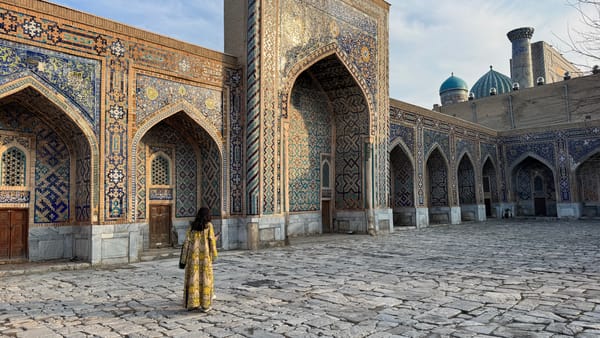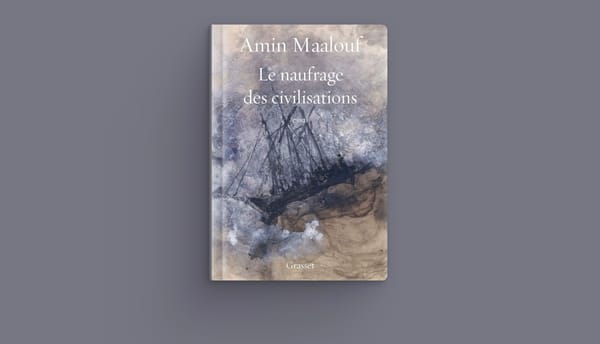Digital transformation, ...the Japanese way
Japan's Digital Transformation goes strange paths by celebrating retired seals.
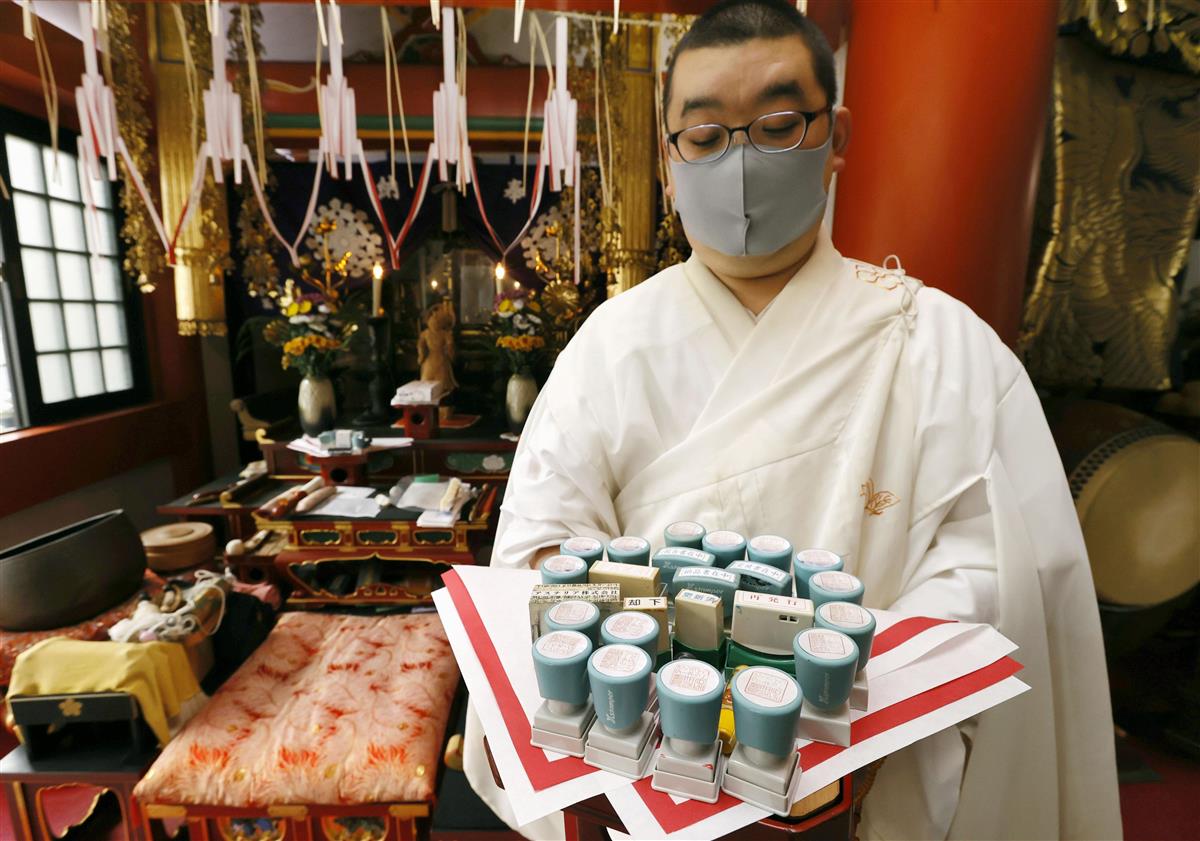
I am often asked how is the digital transformation going in Japan. What is the level of digitalization there.
There is a strong pressure from the Japanese government to digitalize the economy and bridge the gap with neighboring countries like Korea and China.
But as everything is different in Japan, digital transformation takes a special flavor there again.
As an extremely well managed country, Japan is a monster of paperwork and it is one of the biggest market for A.I. and automation. As paperwork turns digital, the Japanese government wants to digitalize signatures. It is a natural step like show consortium like SwissID gathering the biggest player in Switzerland and others in other countries.
It is a big task as Japanese do not sign like in the West but use seals that they call "Hanko" (判子) ou “Inkan" (印鑑).
Hanko are deeply rooted the Japanese culture (coming from China) and you, of course, remember the Japanese painting with those red hanko.
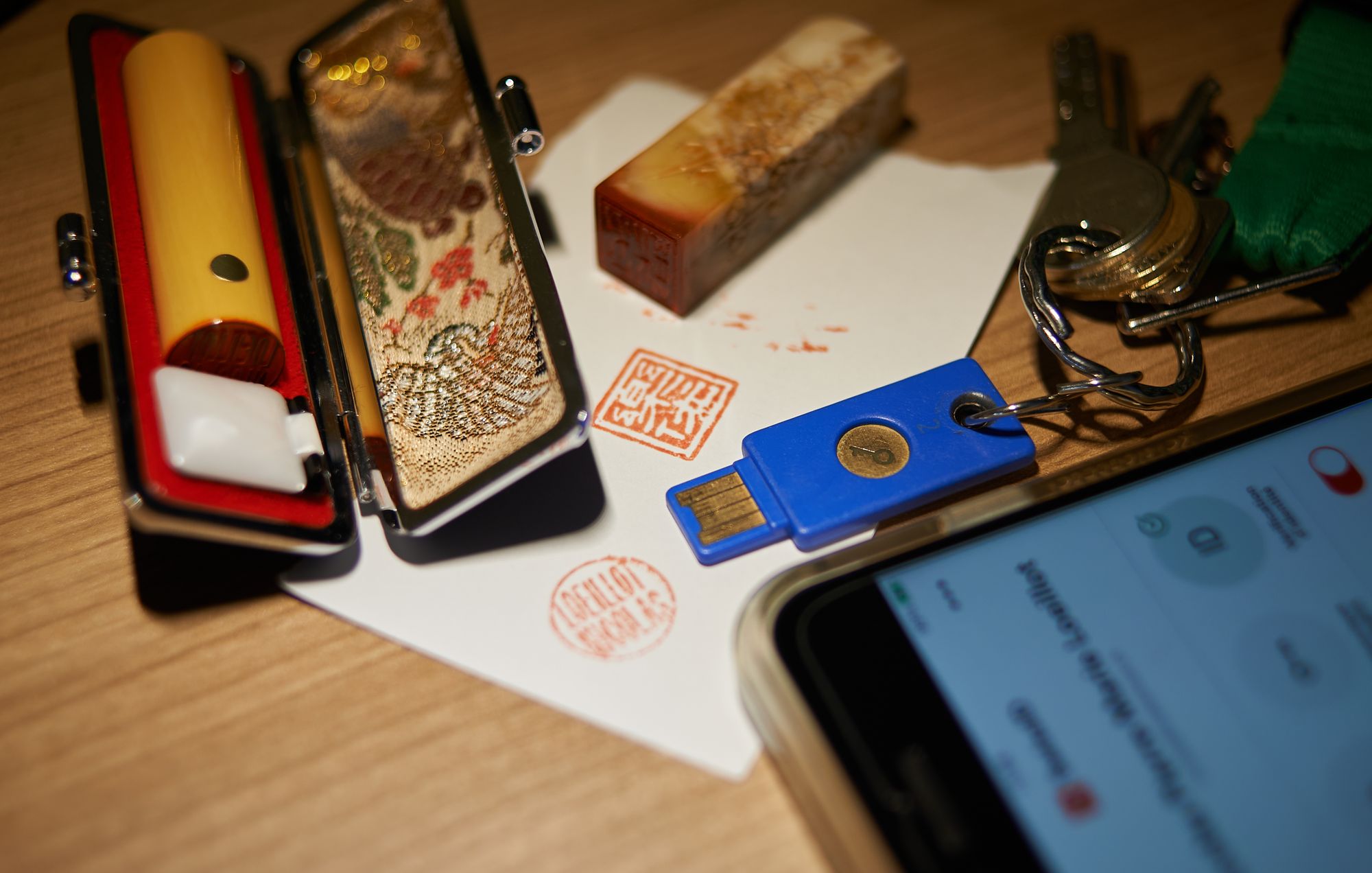
Hanko are used everywhere in Japan. From withdrawing money from your bank account to buying a house. Paperworks in Japan often carry up to 20 hanko signatures and they must be replaced by digital signatures as paper is replaced by digital. That's the same in everywhere in the world.
But this replacement is not happening the usual way in Japan. Hanko carry a deep meaning in Japan, they represent the personality of the person, or the company and they very often bring luck. Some hanko may cost as much as $50'000 when done in horn, rare stone or ivory. Hanko are usually registered officially at the Japanese seal bureau.
After so many years in Japan I started considering my hanko as a part of myself, just like my face in the mirror. It is quite hard copy a good hanko, it is like your fingerprint. In a country were individuality is not promoted, hanko is a testimony about how you are unique in this world.
Getting rid of a hanko is a very big deal.
...so big that it turns religious. Last week at my previous home district's buddhist temple a surrealist ceremony happened.
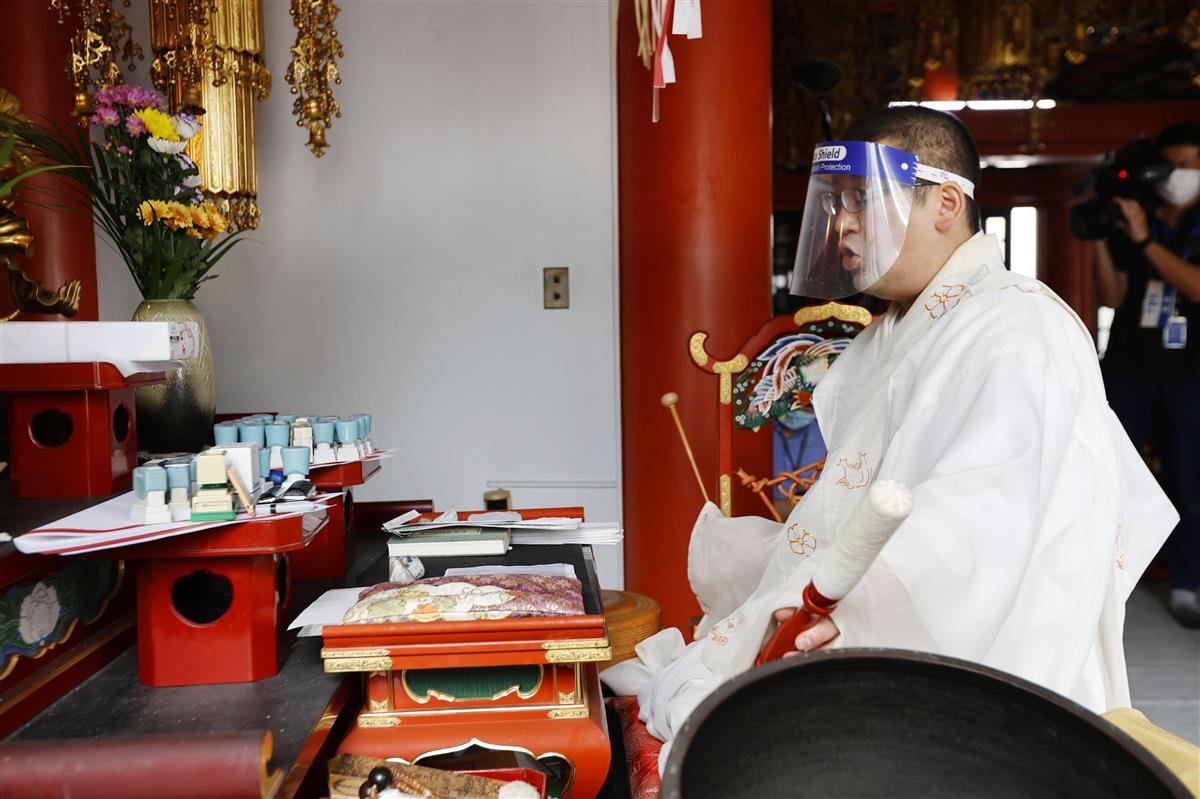
The ceremony was dedicated to retiring hanko because of the Japan digitalization. A priest conducted a full ceremony for the objects to enter into their new life the right way.
The priest chanted a Sutra in front of the hanko owners so that the good luck continues to propagate within the digital world, cryptographic signatures and other blockchains...
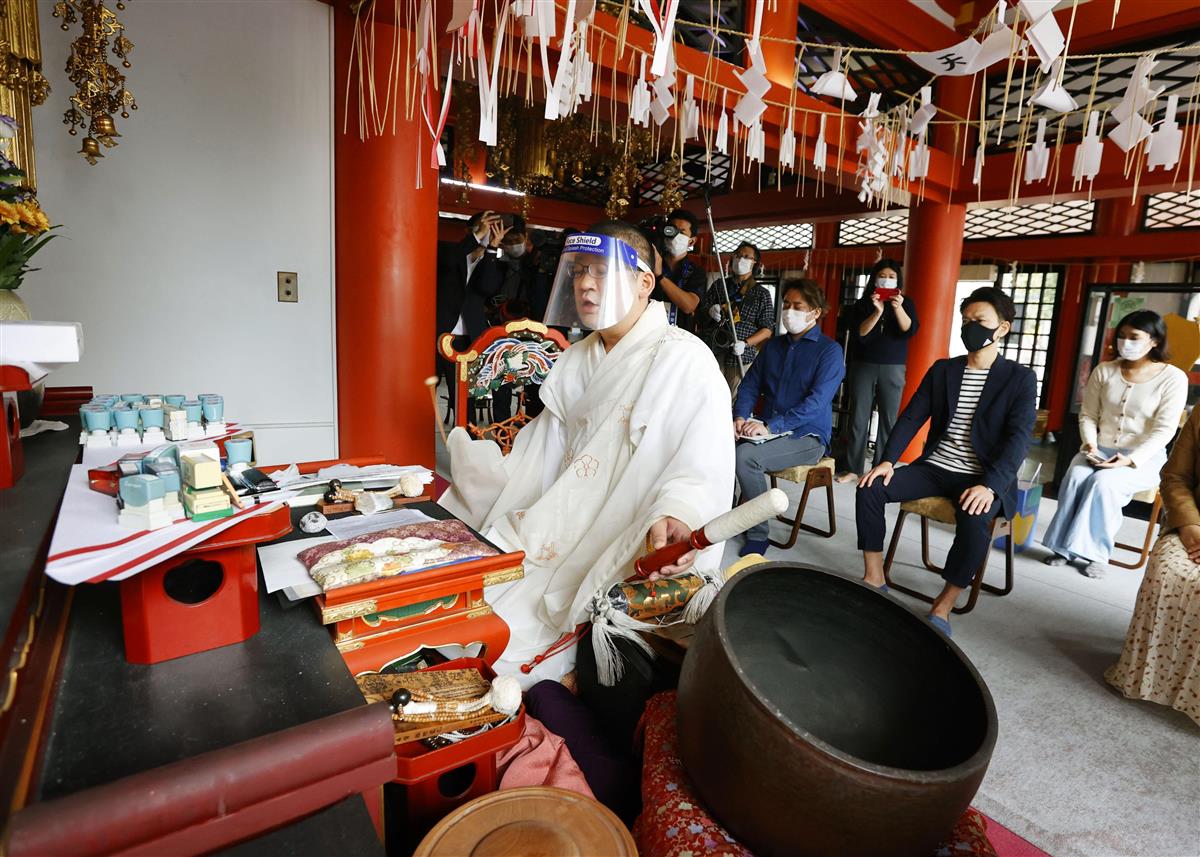
Investigating more about this weird topic I discovered that it is not a local practice in a hipster distric but that every last Sunday of the month, a similar celebration takes place all over Japan. More, a temple is Kyoto, the Shimogamo temple, is a sanctuary for decommissioned hanko since... the 80's ! And people can come and pray holly hanko as they would do to gods or defunct family members. They ask hanko for the same fortune they brought when they were in use. There is a hanko day in the celebration calendar and October 1st is this amazing day.
With digitalization as a nation-wide project, this practice is brought to a totally new dimension with a very unique cultural aspect.
For sure, it demonstrates, to the extreme, how the digital transformation is above all, a cultural transformation.
Despite this commended and necessary trend, hanko won't disappear. They will remain a personal affair for inking unique moments in life. They will remain the visible mark of artists. Hanko will be at the center of special events and celebrations.
No worries on this, Japan is an amazingly complex 3'000-year culture.
